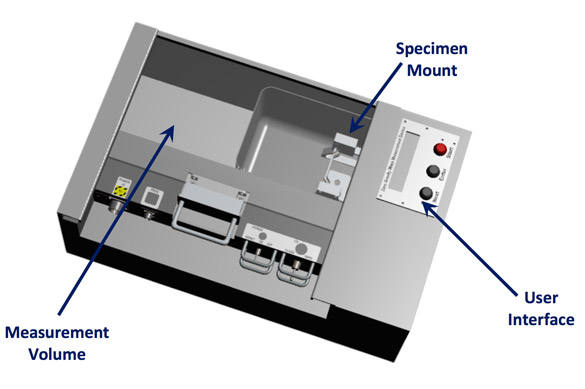Zero Gravity Mass Measurement Device (ZGMMD) Parabolic Flight Test
PI: John Wetzel, ORBITEC (now Sierra Nevada)
PI: John Wetzel, ORBITEC (now Sierra Nevada)

- TA06 Human Health, Life Support and Habitation Systems
- TA08 Science Instruments, Observations and Sensor Systems
There are currently no mass measurement devices available on the International Space Station (ISS) that can accurately measure objects with a relatively low mass, or objects sensitive to accelerations, such as live animal specimens. Ground-based biology (plant and physical science) researchers use mass measurements as a fundamental data parameter. In order to compare microgravity research results with experiments conducted on the ground, mass measurement capabilities are essential and must be provided in the space laboratory setting. Experimental procedures are restricted without an appropriate mass measuring device, one of the most basic instruments in any scientific laboratory.The Zero Gravity Mass Measurement Device (ZGMMD) will provide the ability to quantify the mass of objects, including live animal specimens, in the microgravity environment on-board the ISS.
Mass measurement data will be collected for each test conducted to evaluate system performance in microgravity, and detailed notes will document operation of the system for subsequent evaluation of human factors in microgravity. Results of this parabolic flight testing will aid in refinement of the system design to optimize performance for application in the microgravity environment.
Biological (plant and physical science researchers in microgravity), such as current rodent research being conducted on the International Space Station (ISS).
Technology Details
-
Selection DateREDDI-F1-15 (Nov 2015)
-
Program StatusCompleted
- 1 Parabolic
Development Team
-
PIJohn Wetzel
-
Organization
-
SponsorOrbital Technologies Corp. (ORBITEC)
-
PartnersNASA Ames Research Center

